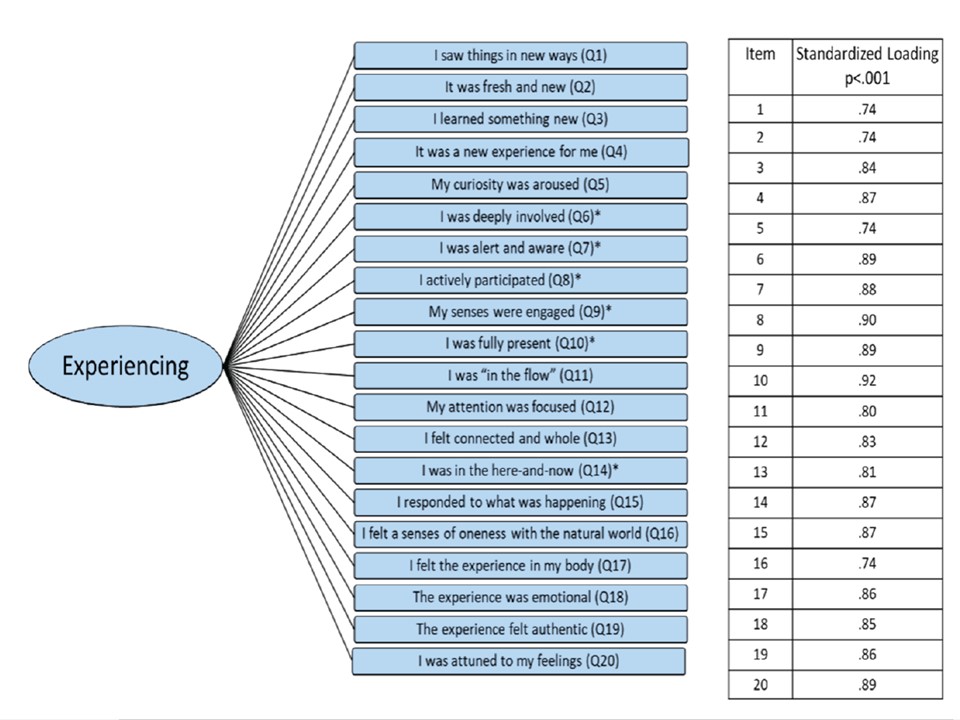Educational Experiences Become Experiential When the Learner is Fully Present There is more to experiential learning than just "having" the experience.
Main Article Content
Abstract
The 21st century has seen a dramatic rise in experiential learning research and practice. After the previous century, where research on subjective experience was for the most part excluded from academic journals, there is today a resurgence of scholarly research on experience and experiential learning. Yet, how do we know when a given educational experience is experiential? We argue that there is something more to experiential learning than just having an experience. That “something more” is a process of experiencing, a process whereby the learner deeply engages with an experience and is fully present. Through research conducted from an international sample of learners who based response to their lived experience outside of the classroom, we extend findings from Stock & Kolb (2021) and introduce a revised version of the Experiencing Scale based on the discovery of the overarching importance of the role of presence and its ramifications for the experiencing process. Our analysis here suggests that when learning is experiential, it is characterized by active participation, sensory engagement, deep involvement, alert/ aware attention and being fully present in the here-and-now.

